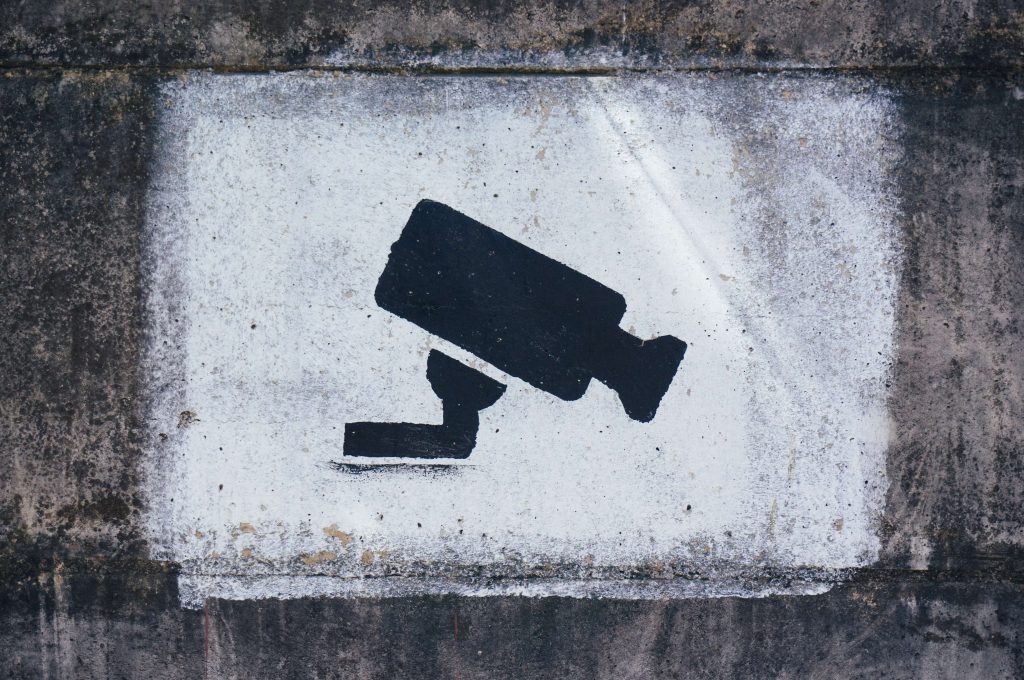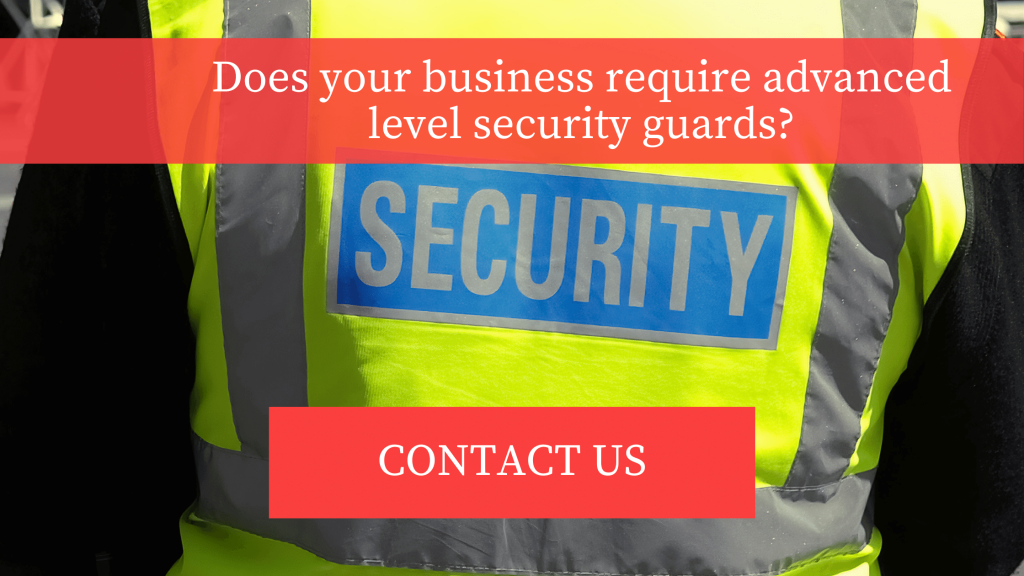What is a security guard, and what do they do?
A Security Officer, also known as a Security Guard, is responsible for ensuring the safety of the property, company, group, or individuals they are assigned to protect. Their responsibilities include keeping watch on the site, dealing with threats and inappropriate behaviour, responding to emergencies, and keeping note of all on-site happenings. But what exactly can security guards do?
The guards aid safety by providing physical presence, patrolling, and undertaking surveillance services. This helps to deter behaviour or to provide information about criminal or antisocial actions. Three different types of tasks can be performed by trained security guards. This can include guarding premises, guarding property, and guarding specific persons.
What are Security Guards Allowed to do in the UK?
Generally speaking, security guards are still civilians, like any other person. This means the same rules and laws apply to them as anyone else. Their primary duties are to observe what goes on around them and to deter people from doing anything they shouldn’t.
Occasionally, however, security guards must interact with the public for the sake of offering protection. Here are some important laws to know.

Security guards can use surveillance equipment to monitor behaviour
The use of CCTV and the presence of security guards walking around the area is increasingly common these days. Guards may watch a space from the control room and look for issues. This means when and where they are needed on the ground, they are dispatched immediately.
This can be effective for security; however, you need to remember that a person’s biometric data is considered personal data under GDPR. This means that for this surveillance to be legal, the data must only be collected with informed consent. It also needs to be proportionate to the use for which it is being gathered.
Facial recognition AI is a big issue in technology today. As this comes under biometric personal data, it can be risky to implement in security.
As well as considering the legalities, you should also consider if surveillance would be perceived negatively by your clients.
Security guards cannot perform searches of personal property without permission
When a property has been left unattended in suspicious circumstances, security guards can search the property. In these situations, there is no person to ask permission to search.
They may not search personal property without a search warrant. This is unless the owner of that property is incapacitated and they are attempting to identify and/or assist the owner.
Can Security guards detain you?
Security guards can detain people, but only “reasonable force” is permitted to do this.
Security guards must be aware of a tricky part of the law. They may detain a person as in the UK, anyone can make a citizen’s arrest.
The security guard can only make an arrest using “reasonable” force, which means “minimal” force in practical terms. The problem is not necessarily determining how much force is reasonable, but proving this to the court. Security guards are never permitted to use excessive force or violence.
The best scenario is if it’s possible to provide an objective record (e.g. body-cam footage) of the process. It’s less risky than relying on witness testimony.
Can a Security Guard Arrest you?
As any member of the public, security guards can make a citizen’s arrest under certain conditions. It is important to note that security guards don’t actually possess any more legal powers than anyone else; they are simply employed by a business to help ensure their security.
A person cannot be arrested unless they’ve committed a crime, or you have reasonable grounds to suspect that they have. This should only be done if arrest by a police officer isn’t feasible. Alternatively, if an arrest is necessary to protect the offenders or suspected offenders.
In the Police and Criminal Evidence Act 1984, under Section 24A, security guards like any member of the public are allowed to make a citizen’s arrest. If:
- The offender is in the act of committing or you have reasonable grounds for suspecting it
- An offence was committed and the person you are arresting was the culprit
- You have reasonable grounds for suspecting that the offender has committed the offence
An arrest is legal if:
The person making the arrest is doing so because a police officer is not reasonably available to do so. Or, the arrest is necessary to prevent the person from :
- Physically injuring them self or others
- Suffering physical injury
- Damaging or destroying property
- Absconding before held accountable for their actions
Many businesses would face disruption or danger to the public or property if they did not have a security presence. A lawful arrest of offenders is not an easy feat for those without specialist training. Although customer service is a big part of the job, security personnel should be equipped with tools for dealing with hostile situations. The job might become extremely dangerous and difficult in these settings, and an amount of force can occasionally be necessary
Types of Security Guards and their roles
There are many different types of Security Guard and their responsibilities, depending on training, certification, and experience. All have different responsibilities, and allowance to what they can and can’t do
1. Armed Guards
This type of security will have very advanced training, meaning they are considered at a higher level of security. Allowing them to carry weapons in specific circumstances.
2. Unarmed Guards
Unarmed guards usually have general security responsibilities ranging from foot patrols, monitoring security cameras and equipment, controlling access to venues, and ensuring general safety and order.
3. Mobile Guards
This role means the guard must complete regular mobile patrols of a location. Mobile guards are also responsible for implementing road and parking regulations as well as dealing with any behaviour or crime issues in their patrol area.
4. Construction Guards
Construction sites need to have on-site security, to protect all high value materials and equipment within the premises.
5. Retail Guards
Retail securities are hired for monitoring any retail stores or locations, whilst also preventing theft and odd activity.
6. Executive Guards
Also known as private security for VIPs, such as celebrities and politicians.
7. Event Guards
With large venues and crowds, having event security is vital in maintaining the crowds and ensuring health and safety regulations are being followed.
Protecting your business and customers
There are many reasons why you might want the services of a security guard. Having the correct security in place for any contentious, or well-publicised event is critical to protecting businesses and the public. This is where Able Investigations can help with our specialist team of security guards.
If your clients see you went out of your way to protect them, it can leave a lasting positive impression.
If you need the assistance of specialist security for your situation or event, get in touch with Able Enforcements. You can speak to a member of our team by calling 0345 366 0000, email us or fill in our contact form.





Comments are closed.